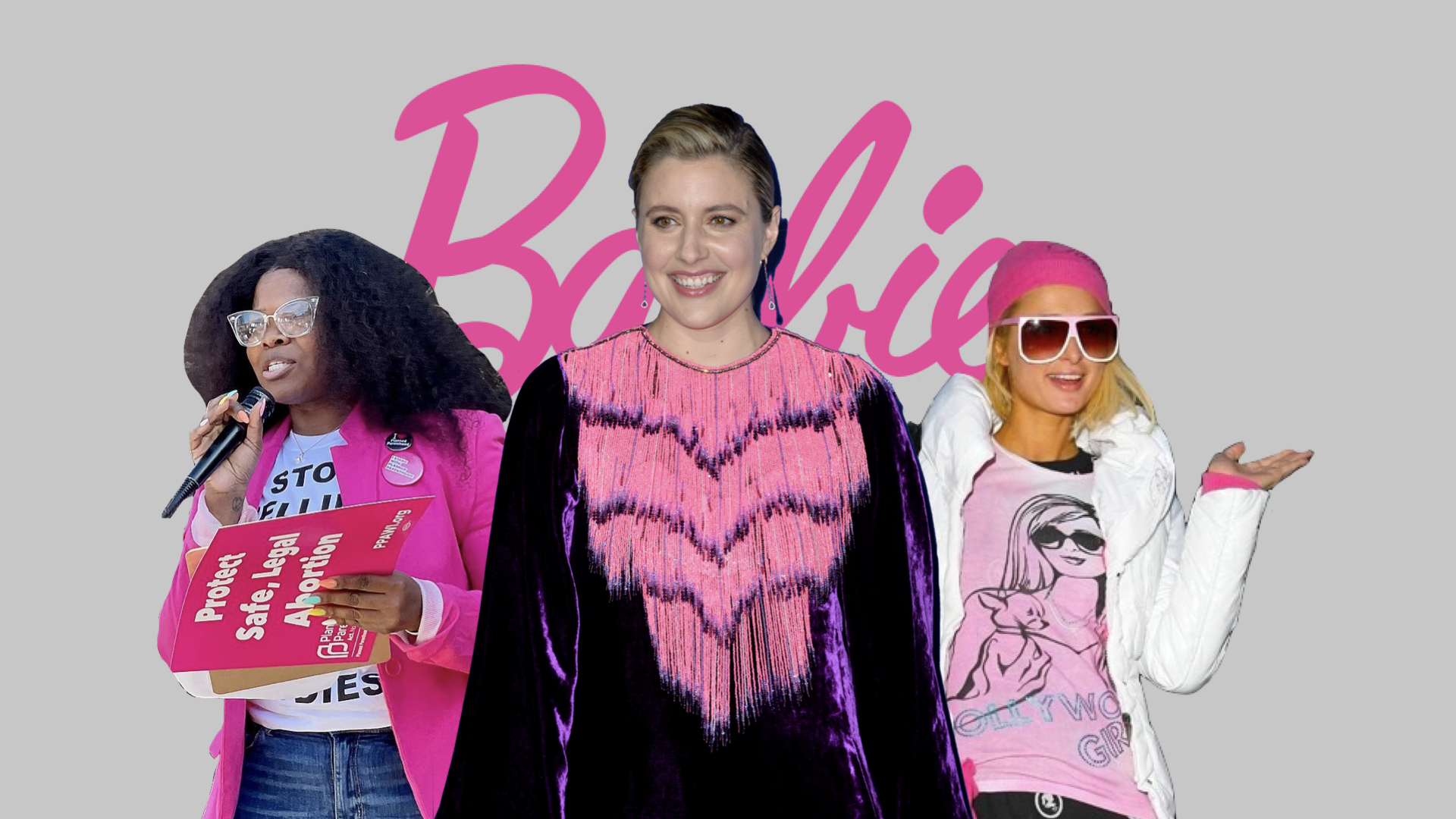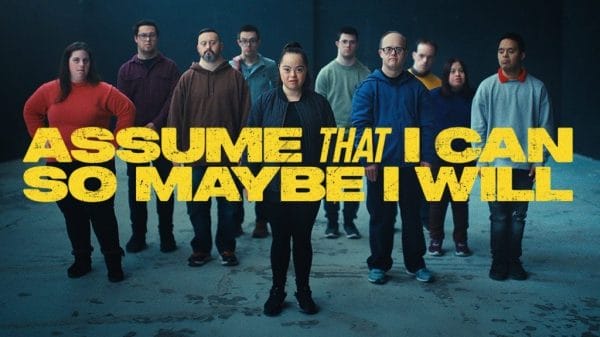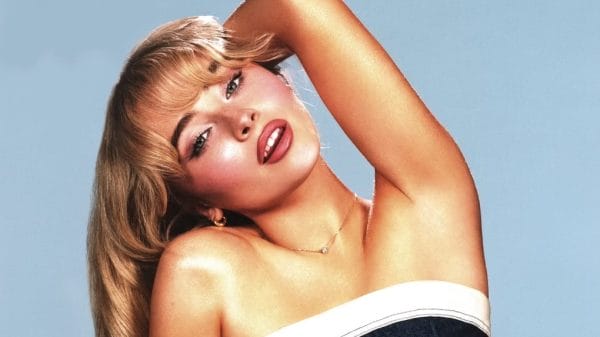Though she’s often dismissed as materialistic or vapid, Barbie is undeniably a cultural icon. 60 years after her invention, her character and aesthetic still occupy a huge space in popular culture. If you’ve followed fashion these past few months, you’ll know that Barbie’s aesthetic is on the rise. Hot pink has flooded the internet this summer. Viral images of Margot Robbie in all-pink on the set of the highly anticipated ‘Barbie’ film have gone instantly viral and launched a new appreciation for Barbie’s aesthetic.
But why has Barbie’s look taken over, and what does it symbolize? It’s true the trend has been boosted by the recent release of Maison Valentino’s all-pink collection (made viral this summer by a number of celebrities, including Sebastian Stan, Florence Pugh and Anne Hathaway), but the trend is also spurred on by a huge resurgence in Y2K fashion, and the rise of overlapping ‘Barbie-core’ and, strangely, ‘Bimbo-core’ aesthetics across social media.
Barbie and the wave of Y2K nostalgia
The nostalgia behind this new Y2K-Barbie trend has layers: in the 2000s, Barbie began to develop new associations with women in pop culture. For one, it-girl Paris Hilton famously named Barbie her ‘role model’, and paparazzi shots of her wearing pink, Barbie-inspired outfits were numerous. Meanwhile, Britney Spears had her own Barbie released, and famously appeared in a Barbie skit on Saturday Night Live in 2002. This association happened at a time when both of these women were famously demonized by the press. This made for a strange contradiction: Barbie was associated with young girls, but also with famous women whom tabloids would ridicule and label ‘bimbos’. This reaffirmed an old message to women and girls: that bubblegum-pink femininity was somehow morally wrong. As the 2000s progressed, this message still consistently clung to pop culture: most commonly through teen movies (see: the styling of female antagonists in High School Musical or Mean Girls), but also in music videos (see: P!nk’s “Stupid Girls” or “Nasty Girl” by Destiny’s Child). The pink-wearing, Barbie-inspired ‘bimbo’ persona continued to be cast in a largely antagonistic light.
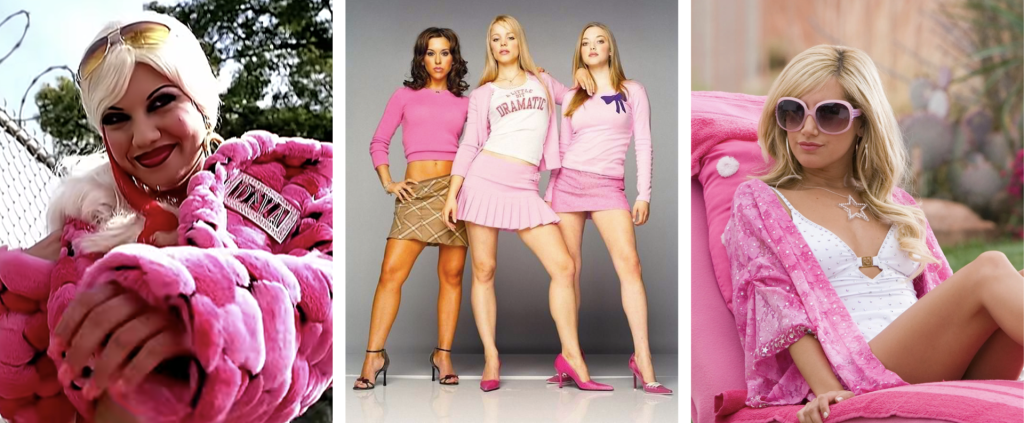
Middle: The Plastics (2004). Credit: Mean Girls/Warner Bros.
Right: Sharpay Evans (2007). Credit: High School Musical/Disney Channel
Barbie today: protest, escapism or both?
This year, the Barbie ‘revival’ is reclaiming hot-pink femininity. In the spirit of Elle Woods, mainstream culture is beginning to acknowledge that strength, intelligence, and drive can occasionally appear wearing pink platforms. Ultimately, the goal is to allow everyone–not only women–to feel unembarrassed joy in the culture that has been deemed ‘frivolous’ or ‘shallow’ for its femininity. The last two years have been a particularly critical time for women—with the US Supreme Court overturning Roe v. Wade last month, the highly publicized murders of Sarah Everard and Sabina Nessa in 2021, and the creeping signs of a #MeToo backlash. Could there be a link between these events and popular aesthetic preferences? The same vibrant pink recently used by Valentino was noticeably popular at pro-choice protests in the US last month. Could the revival of Barbie pink represent women reclaiming and finding value in this kind of femininity? Or, could Barbie’s aesthetic be a surreal escape into a shiny, smooth, pink world without chaos? Most likely, it’s a bit of both.
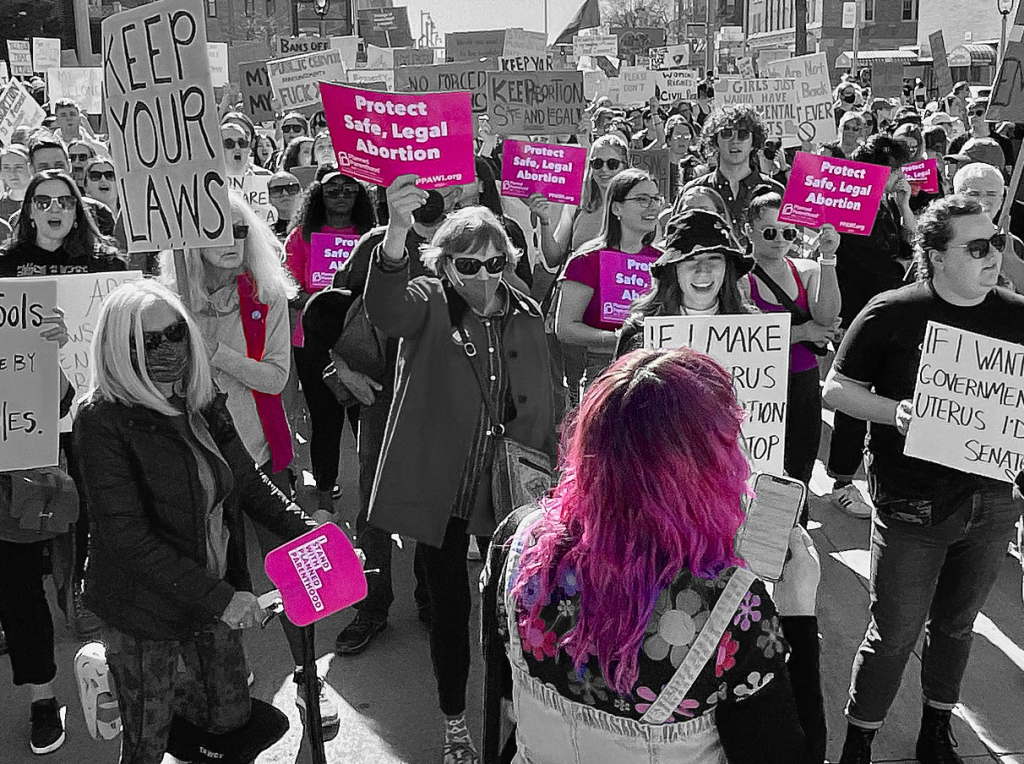
Gerwig’s take: where is Barbie headed in 2023?
Onto the scene steps Greta Gerwig, feminist director and champion of complex female characters. There’s no denying that making a film about such a massive cultural icon is a challenge. The film will have to balance the nostalgic appeal of Barbie while also addressing her many controversies—the exclusivity of her white, blonde, skinny image has done its damage, and Gerwig’s new film will have to carry the weight of that criticism. However, hopes and expectations are high. Gerwig’s credentials are not to be ignored: Lady Bird and her 2019 adaptation of Little Women have shown Gerwig’s excellence in fleshing out characters and conveying nuanced feminist perspectives. The diversity of Gerwig’s Barbie cast is also enhanced by rumors of a Barbie ‘multiverse’, in which Simu Liu, Ncuti Gatwa, Issa Rae, and Hari Nef are rumored to play other incarnations of Ken and Barbie. The film’s greatest potential lies in making its audience feel shamelessly included in Barbie’s world and perhaps convincing them that there is real value in pure aesthetic fun.
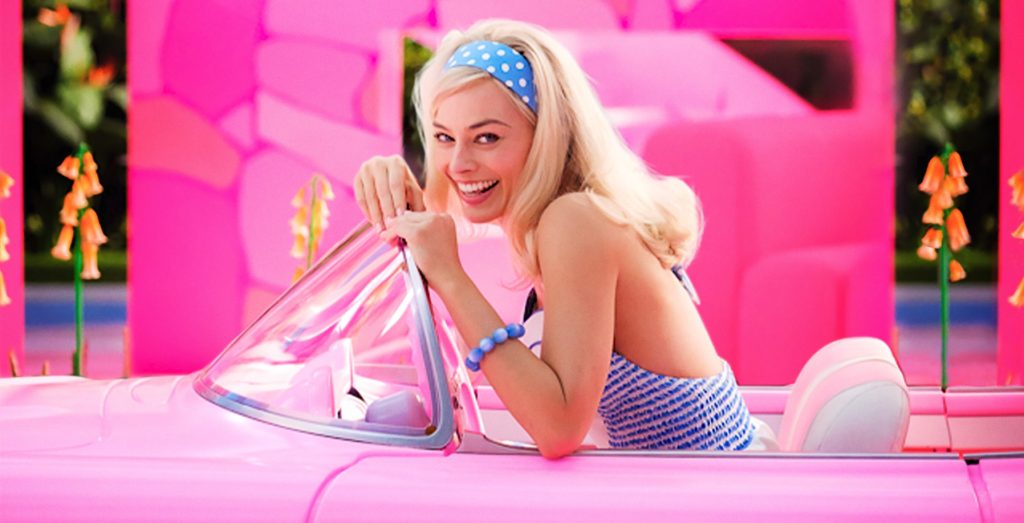
It’s clear to see that Gerwig’s audience is primed and ready: a perfect storm of nostalgia, recent fashion trends and turmoil surrounding female identity have all made sure that Barbie (2023) will be, as the president of Mattel put it, ‘a societal moment’.


